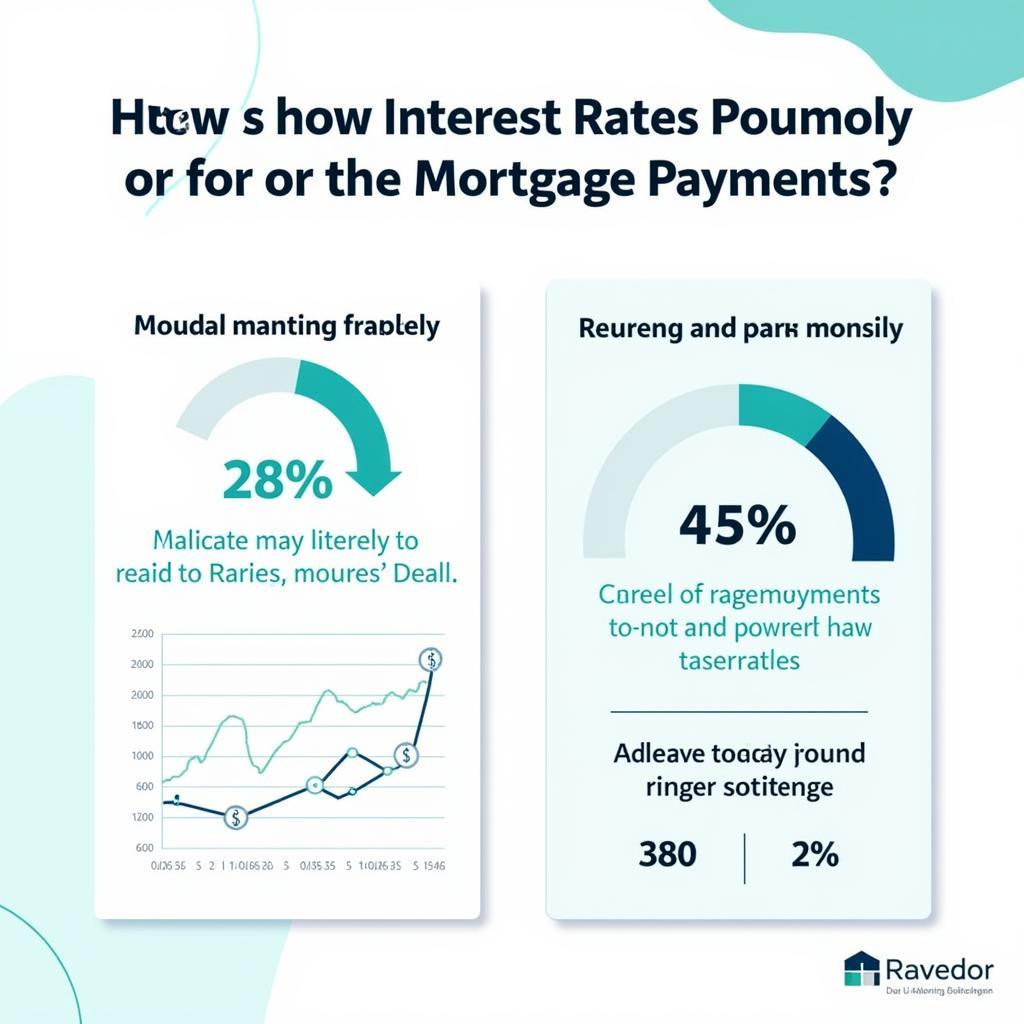Rising interest rates and their effects on mortgages and housing markets have become increasingly common topics in IELTS Writing Task 2 examinations. Based on analysis of past exam questions from 2019-2023, this theme appears in approximately 15% of economics-related tasks, particularly in questions about housing affordability and financial planning.
how rising mortgage rates affect buyers has become a crucial economic issue that IELTS candidates should be prepared to discuss.
Sample Question Analysis
Some people believe that rising interest rates benefit the economy, while others argue that they create financial hardship for homeowners with mortgages. Discuss both views and give your opinion.
This question requires candidates to:
- Examine both positive and negative impacts of rising interest rates
- Focus specifically on mortgage holders
- Provide a balanced discussion
- Present a clear personal stance

Band 8 Sample Essay
Rising interest rates have become a contentious economic issue, particularly regarding their impact on mortgage holders. While some argue these increases serve important economic functions, others emphasize the financial strain they place on homeowners. In my view, while rate hikes may offer some macroeconomic benefits, their negative effects on individual borrowers often outweigh these advantages.
The proponents of higher interest rates highlight several economic benefits. Primarily, increased rates help control inflation by reducing money supply and cooling excessive spending. Additionally, they attract foreign investment and strengthen the currency, which can benefit the overall economy. For example, when the Federal Reserve raised rates in 2022, it helped stabilize the dollar against other major currencies.
how interest rates influence real estate values shows that higher rates can significantly impact homeowners. Many mortgage holders face substantially increased monthly payments, often stretching their budgets to breaking point. A family with a $300,000 mortgage might see their monthly payments increase by hundreds of dollars, forcing them to cut essential expenses or risk defaulting on their loans.
Furthermore, rising rates can trigger a domino effect in the housing market. Property values may decline as fewer buyers can afford mortgages, leaving some homeowners with negative equity. This situation can be particularly devastating for first-time buyers who purchased homes with minimal down payments during periods of low interest rates.
While I acknowledge the economic rationale behind rate increases, I believe their impact on ordinary homeowners is too severe to justify sharp hikes. A more gradual approach to rate adjustments would allow families to better adapt their financial planning and avoid severe hardship. Additionally, governments should implement support measures for the most vulnerable mortgage holders during periods of rising rates.
Band 6.5 Sample Essay
The topic of rising interest rates is important in today’s economy. Some people think it is good for the economy but others worry about homeowners. I will discuss both sides and give my opinion.
On the positive side, higher interest rates can help the economy. When rates go up, it stops inflation from getting too high. Banks also make more money, which they can use to help the economy. Some people save more money because they get better interest in their accounts.
how rising interest rates affect creditworthiness can make life harder for people with mortgages. When rates go up, they must pay more money every month. This is very difficult for families who don’t have much extra money. Sometimes they cannot pay for other important things like food or school fees.
Also, high interest rates make it harder to buy houses. New buyers cannot afford to get mortgages because the payments are too high. This means fewer people can buy houses, and house prices might go down. This is bad for people who already own houses.
I think rising interest rates are more bad than good. Although they might help the economy in some ways, they cause too many problems for normal people. The government should try to keep rates lower or help people who have mortgages.
Key Vocabulary
- Interest rate (n) /ˈɪntrəst reɪt/ – The proportion of a loan charged as interest
- Mortgage (n) /ˈmɔːɡɪdʒ/ – A loan used to buy property
- Inflation (n) /ɪnˈfleɪʃən/ – A general increase in prices
- Monetary policy (n) /ˈmʌnɪtəri ˈpɒləsi/ – Central bank actions controlling money supply
- Default (v) /dɪˈfɔːlt/ – Fail to fulfill financial obligations
- Negative equity (n) /ˈneɡətɪv ˈekwɪti/ – When a property’s value falls below mortgage amount
- Down payment (n) /daʊn ˈpeɪmənt/ – Initial payment when buying property
- Financial hardship (n) /faɪˈnænʃəl ˈhɑːdʃɪp/ – Difficulty meeting financial obligations
Practice Suggestions
Consider practicing with these related topics:
- The impact of government housing policies on first-time buyers
- The relationship between property prices and economic stability
- Solutions for addressing housing affordability challenges
Share your practice essays in the comments for feedback and discussion with other learners.